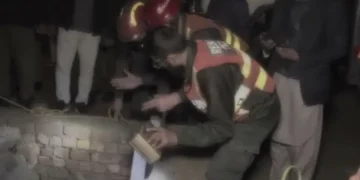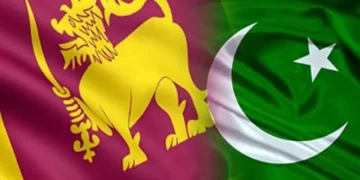Web Desk (MNN); A new excavation in Harappa has led to the discovery of a 16th-century caravanserai, offering fresh insight into the region’s historic travel and postal system, according to the Punjab Archaeology Department.
During a site briefing, Secretary of Archaeology and Museums Dr Ehsan Bhutta said the find provides an important clue to understanding early travel routes and lodging practices in the area.

He noted that the structure contains designated resting spaces for travellers and a water tank, suggesting a well-organised network of stopovers that supported long-distance travel.
Several artefacts were also unearthed, including clay figurines, miniature toy carts, and bangle fragments.
Dr Bhutta shared that the Punjab government has allocated Rs800 million for excavations at four major heritage locations across the province.
He added that the discovery in Harappa will assist researchers in better interpreting the travel and communication systems that existed during the era of Sher Shah Suri.
He further stated that the find underscores the endurance of ancient civilisation in the region and its links across centuries.
The Indus Valley Civilisation, also known as the Harappan Civilisation, is regarded as the cradle of urban development in the subcontinent and dates back to nearly 6000 BC.
Harappa in Punjab and Mohenjo Daro in Sindh, both key urban centres, were excavated in the 1920s and declared UNESCO World Heritage Sites in 1980.
URDU HEADLINE









































































